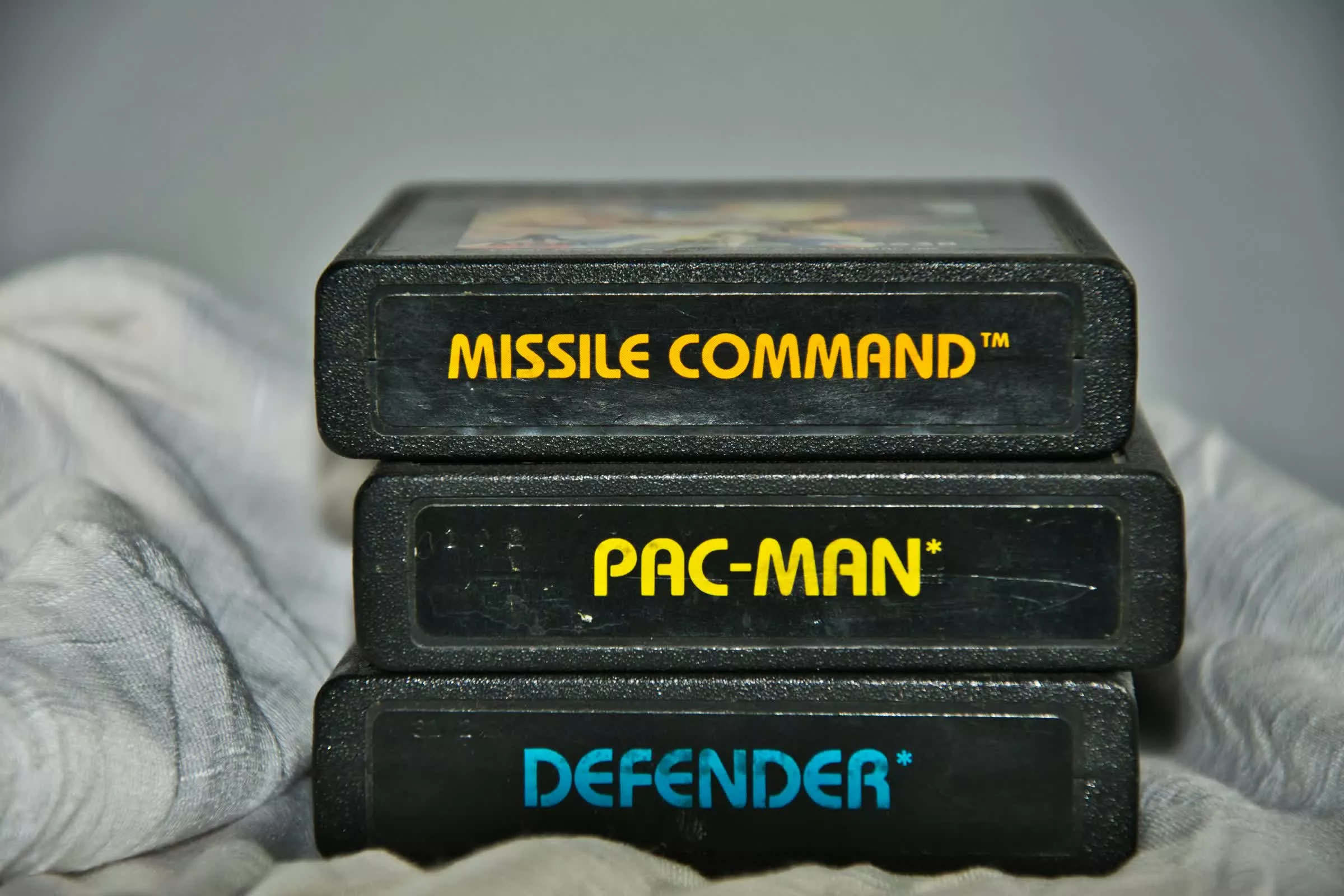Tech News
US Copyright Office denies DMCA exemption, deals blow to video game preservation efforts
In context: Video game preservation efforts have faced another setback in their ongoing dialogue with copyright stakeholders. As they strive to preserve digital culture, preservationists must navigate the delicate balance between commercial interests and historical and scholarly needs.
The US Copyright Office has dealt a significant blow to video game preservation efforts by rejecting a request for a Digital Millennium Copyright Act (DMCA) exemption, which would have allowed libraries to offer remote access to preserved video games. This decision, announced recently, is the fourth time since 2015 that such a request has been denied.
The Video Game History Foundation (VGHF) and the Software Preservation Network had sought to amend DMCA regulations to enable libraries and archives to provide access to out-of-print games in their collections from a remote location. Currently, researchers are required to visit physical archives to access historical games due to the DMCA’s prohibition on bypassing copy protection to enable remote access.

Shira Perlmutter, Register of Copyrights and Director of the US Copyright Office, ruled that advocates of video game preservation had not proven that the requested usage is non-infringing. The Copyright Office sided with arguments from the Entertainment Software Association (ESA) and other industry groups, who raised concerns that remote access could potentially impact the market for re-released classic games.
This decision has profound implications for the preservation and study of video games, potentially resulting in significant gaps in the understanding and documentation of video game history. Historians estimate that 87 percent of games released before 2010 are considered “critically endangered” in terms of accessibility.
I’m proud of the work we and the orgs we partnered with did to try and change copyright law. We really gave it our all, I can’t see what else we could have done. This fails the needs of citizens in favor of a weak sauce argument from the industry, and it’s really disappointing. https://t.co/T5oyTkL78F
– Frank Cifaldi (@frankcifaldi) October 25, 2024
During a hearing with the Copyright Office, the ESA strongly opposed the exemption, stating that they would never support remote game access for research under any circumstances. Preservationists argue that this stance is rigid and detrimental to research and historical documentation.
“[This decision] forces researchers to explore extra-legal methods to access the vast majority of out-of-print video games that are otherwise unavailable,” lamented the VGHF.
Despite this setback, the foundation remains committed to advocating for increased access and legal permissions for video game preservation.
The rules for DMCA exemptions undergo a triennial review process, allowing advocates to petition for the exemption again in 2027. In the meantime, organizations like the VGHF and others in the field are determined to continue raising awareness about the importance of video game preservation.
-

 Destination8 months ago
Destination8 months agoSingapore Airlines CEO set to join board of Air India, BA News, BA
-

 Breaking News10 months ago
Breaking News10 months agoCroatia to reintroduce compulsory military draft as regional tensions soar
-

 Tech News12 months ago
Tech News12 months agoBangladeshi police agents accused of selling citizens’ personal information on Telegram
-

 Gadgets3 months ago
Gadgets3 months agoSupernatural Season 16 Revival News, Cast, Plot and Release Date
-

 Productivity11 months ago
Productivity11 months agoHow Your Contact Center Can Become A Customer Engagement Center
-

 Gadgets3 weeks ago
Gadgets3 weeks agoFallout Season 2 Potential Release Date, Cast, Plot and News
-

 Breaking News10 months ago
Breaking News10 months agoBangladesh crisis: Refaat Ahmed sworn in as Bangladesh’s new chief justice
-

 Toys12 months ago
Toys12 months ago15 of the Best Trike & Tricycles Mums Recommend











